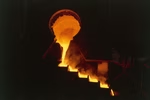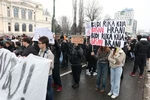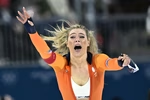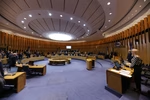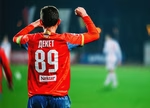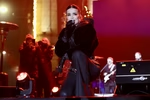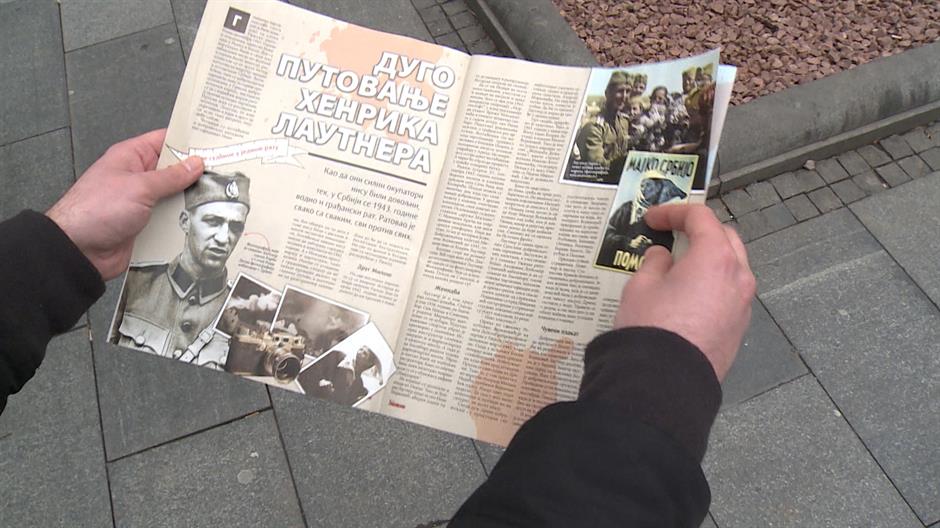
Serbian journalists’ organizations, politicians, the Jewish community, NGOs and historians reacted fiercely to an article in a children’s/ youth magazine which portrayed a World War 2 military organization which collaborated with the Nazis in a favourable light, saying it was an attempt to rehabilitate its leader.
The Politikin Zabavnik magazine for children and young people has a tradition going back to before WW2 and is considered a source of information and learning. It was a favourite for families with children across the former Yugoslavia. It is published by the Politika newspaper publishing company which also has a tradition of more than a century.
The disputed article portrayed the leader of the collaborationist military formation Zbor, Dimitrije Ljotic as a man who wanted to bring order to Serbia and claimed that he condemned the persecution of Jews which a number of historians disputed over the past few days. Ljotic’s troops were known to have been engaged by the Wehrmacht in the mass executions of at least 300 school children and some 3,000 civilians in the city of Kragujevac in 1941.
The story first came to light on social media with a large number of people publishing a photograph of the story and some saying that they would never buy a copy of Politikin Zabavnik ever again. Historian Srdjan Milosevic explained that the article was written under the guise of neutrality. “It’s like saying that six million Jews were killed in the Holocaust but I can’t say whether that is good or bad,” he said.
The Serbian Jewish community demanded an apology from Zabavnik editor in chief Zeferino Grasi. A statement said that the Zbor formation called Serbians to “start the extermination of Jews”. “We do not believe that the author of the article does not know that the appearance of Ljotic’s Zbor included the public declaration of anti-Semitism as an openly racist program policy,” the statement said, demanding that the magazine apologize, publish a correction and “not contaminate new generations with revisionist claims about known quislings”.
Grasi told N1 later that “an explanation” for the disputed story would be published in the next edition of Politikin Zabavnik, adding that no one wanted to play down the role of criminal formations or Ljotic. “We apologize to everyone who saw our article in that light,” he said.
Politika also publishes the Ilustrovana Politika magazine which recently came under serious criticism over a front-page photograph of an angry Rottweiler dog under the headline Dogs Unleashed and a story on several pages which fiercely attacked journalists critical of the authorities.
Claims have been made that Politika has been harbouring journalists who authored fierce attacks on anyone critical of the Milosevic regime in the 1990s and who have now come to senior positions in what are considered editions of less importance with lower circulation in the Politika group.
Kakvo je tvoje mišljenje o ovome?
Učestvuj u diskusiji ili pročitaj komentare





 Srbija
Srbija
 Hrvatska
Hrvatska
 Slovenija
Slovenija








